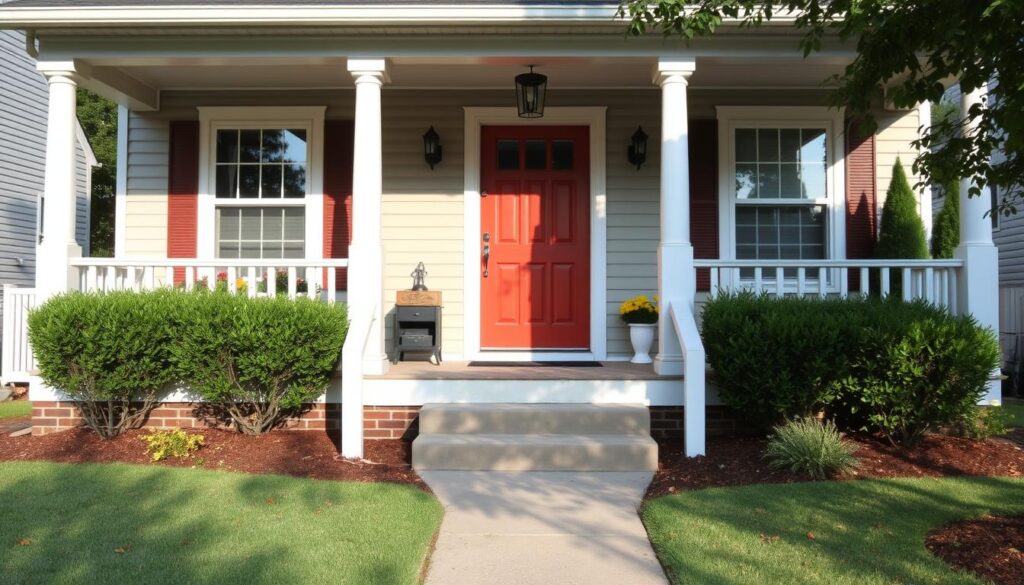Natural disasters can strike at any time, and as a rental property owner in New Jersey, it’s crucial to take proactive measures to protect your investment. From hurricanes to flooding and winter storms, New Jersey faces a variety of natural hazards. Ensuring your property is prepared can save you significant time, money, and stress. Here’s a comprehensive guide on how to protect your New Jersey rental property from natural disasters.
Understanding the Risks
New Jersey is prone to several types of natural disasters, including:
- Hurricanes and Tropical Storms: The Atlantic hurricane season runs from June to November, posing a threat to coastal and inland areas alike.
- Flooding: Heavy rains and storm surges can lead to significant flooding, especially in low-lying areas.
- Winter Storms: Snow, ice, and freezing temperatures can cause extensive damage to properties.
- Nor’easters: These powerful storms can bring heavy snowfall, strong winds, and coastal flooding.
1. Conduct a Risk Assessment
The first step in protecting your rental property is to conduct a thorough risk assessment. Identify which natural disasters are most likely to affect your area. Consult local resources, such as New Jersey’s Office of Emergency Management, to understand historical data and risk factors specific to your location.
2. Purchase Adequate Insurance
Having the right insurance coverage is essential. Standard property insurance policies often do not cover all types of natural disasters. Ensure you have:
- Flood Insurance: Even if your property is not in a high-risk flood zone, consider purchasing flood insurance. Flooding can occur anywhere, and standard policies typically do not cover flood damage.
- Hurricane Insurance: Review your policy to understand what is covered in the event of a hurricane. Some policies have separate deductibles for hurricane damage.
- Windstorm Insurance: In areas prone to high winds, this additional coverage can protect against damage caused by strong gusts.
3. Implement Structural Improvements
Making structural improvements to your property can significantly reduce the risk of damage during a natural disaster. Consider the following upgrades:
- Roof Reinforcement: Ensure your roof is in good condition and consider reinforcing it to withstand high winds. Hurricane straps and clips can provide additional support.
- Storm Shutters: Install storm shutters or impact-resistant windows to protect against flying debris during storms.
- Elevate Electrical Systems: Raise electrical panels, switches, and wiring at least one foot above the expected flood level to prevent water damage.
- Flood Vents: Install flood vents in basements or crawl spaces to allow water to flow through and reduce pressure on walls.
4. Maintain the Exterior
Regular maintenance of your property’s exterior can prevent minor issues from becoming major problems during a disaster.
- Trim Trees and Shrubs: Remove dead or overhanging branches that could fall during a storm and cause damage.
- Clear Gutters and Drains: Ensure gutters and downspouts are clear of debris to prevent water from pooling and causing damage.
- Secure Outdoor Items: Store outdoor furniture, grills, and other items that could become projectiles during high winds.
5. Create an Emergency Plan
Having a well-thought-out emergency plan is crucial for both you and your tenants.
- Evacuation Routes: Identify and share evacuation routes with your tenants. Ensure they know where to go in case of an emergency.
- Emergency Contacts: Provide a list of emergency contacts, including local authorities, utility companies, and your own contact information.
- Emergency Supplies: Encourage tenants to maintain an emergency kit with essentials such as water, non-perishable food, medications, and first aid supplies.
6. Keep Up with Local Building Codes
New Jersey’s building codes are designed to ensure structures can withstand natural disasters. Stay informed about any changes to local codes and make necessary updates to your property. Compliance with building codes not only enhances safety but can also reduce insurance premiums.
7. Invest in Technology
Modern technology can offer additional layers of protection and peace of mind.
- Smart Home Devices: Install smart home devices such as water leak detectors, smoke detectors, and security cameras to monitor your property remotely.
- Weather Alerts: Utilize apps and services that provide real-time weather alerts to stay informed about impending natural disasters.
8. Educate Your Tenants
Your tenants play a vital role in protecting the property. Educate them on how to prepare for natural disasters and what to do in case of an emergency.
- Preparation Tips: Share tips on securing their belongings, creating emergency kits, and identifying safe areas within the property.
- Communication Plan: Establish a clear communication plan to keep tenants informed before, during, and after a disaster.
9. Develop a Recovery Plan
Despite your best efforts, natural disasters can still cause damage. Having a recovery plan in place can expedite the restoration process.
- Damage Assessment: Conduct a thorough assessment of the property after a disaster to identify and document all damage.
- Restoration Services: Establish relationships with local restoration companies to ensure quick response and repair.
- Insurance Claims: Familiarize yourself with the insurance claims process and keep detailed records to facilitate efficient claims.
Conclusion
Protecting your New Jersey rental property from natural disasters requires a combination of preparation, maintenance, and education. By taking proactive steps, you can minimize the risk of damage, ensure the safety of your tenants, and preserve the value of your investment. Stay informed, stay prepared, and remember that the effort you put in now can save you significant trouble in the future.






